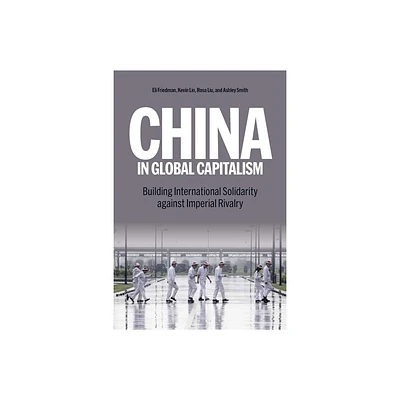Home
National Diversity and Global Capitalism
Loading Inventory...
Barnes and Noble
National Diversity and Global Capitalism
Current price: $130.00


Barnes and Noble
National Diversity and Global Capitalism
Current price: $130.00
Loading Inventory...
Size: OS
*Product Information may vary - to confirm product availability, pricing, and additional information please contact Barnes and Noble
How does globalization change national economies and politics? Are rising levels of trade, capital flows, new communication technologies, and deregulation forcing all societies to converge toward the same structures of production and distribution? Suzanne Berger and Ronald Dore have brought together a distinguished group of experts to consider how the international economy shapes and transforms domestic structures.
Drawing from experience in the United States, Europe, and Asia, the contributors ask whether competition, imitation, diffusion of best practice, trade, and financial flows are reducing national diversities. The authors seek to understand whether the sources of national political autonomy are undermined by changes in the international system. Can distinctive varieties of capitalism that incorporate unique and valued institutions for achieving social welfare survive in a global economy?
The contributions to the volume present a challenge to conventional views on the extent and scope of globalization as well as to predictions of the imminent disappearance of the nation-state's leverage over the economy.
Drawing from experience in the United States, Europe, and Asia, the contributors ask whether competition, imitation, diffusion of best practice, trade, and financial flows are reducing national diversities. The authors seek to understand whether the sources of national political autonomy are undermined by changes in the international system. Can distinctive varieties of capitalism that incorporate unique and valued institutions for achieving social welfare survive in a global economy?
The contributions to the volume present a challenge to conventional views on the extent and scope of globalization as well as to predictions of the imminent disappearance of the nation-state's leverage over the economy.


















